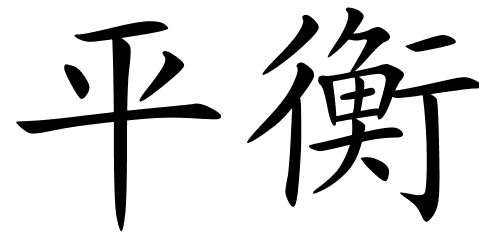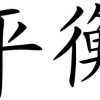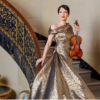Balancing in Motion While Perfectly Still
by Chris Condon
I recently ran across a quote that says in a breezy, light-hearted manner, “Life is like riding a bicycle. To keep your balance, you must keep moving.” Albert Einstein wrote this line in one of his letters to his son, Eduard, in 1930. Within just a few years, he himself was the one on the move as a dark and ultimately devastating social, economic, and political storm came upon Europe.
These days, the news itself has been dark. One need only hear of the floods in Texas, New Mexico, North Carolina, and elsewhere to set the tone, and the list can quickly become much darker the more wide-ranging it gets. While the weight of it all might invite a sense of frozen helplessness, we instinctively know that, once we’ve caught our breath, moving and engaging are likely better ways to cope.
Although there are many options for navigating our way through darkness, reading poetry (including sacred literature) offers one especially powerful way to bring some sense of light to otherwise dark times. Tomas Transtromer (a Swedish, Nobel-prize winning poet) wrote a poem entitled “Allegro” (a musical term meaning ‘fast and lively’) that I find myself coming back to, again and again.
The poet begins as so: “After a black day, I play Haydn,/ and feel a little warmth in my hands.” Maintaining this sense of motion, he writes, “Kind hammers fall./ The sound is spirited, green, and full of silence.” Though momentarily overwhelmed and shoving his hands into his “haydnpockets”, he then raises his “haydnflag. The signal is:/ We do not surrender. But want peace.”
Surprisingly, the poem’s lively forward motion then pauses and opens, revealing a transcendent stillness: “The music is a house of glass standing on a slope;/ rocks are flying, rocks are rolling./ The rocks roll straight through the house/ but every pane of glass is still whole.”
Yes, amidst tragedy, it can help to stay active. But we also need to remember that there is something within us that doesn’t need to “do” anything other than be what we already are: fully human and fully whole, balancing in motion while perfectly still, breezily riding down the road on Albert Einstein’s bicycle.










